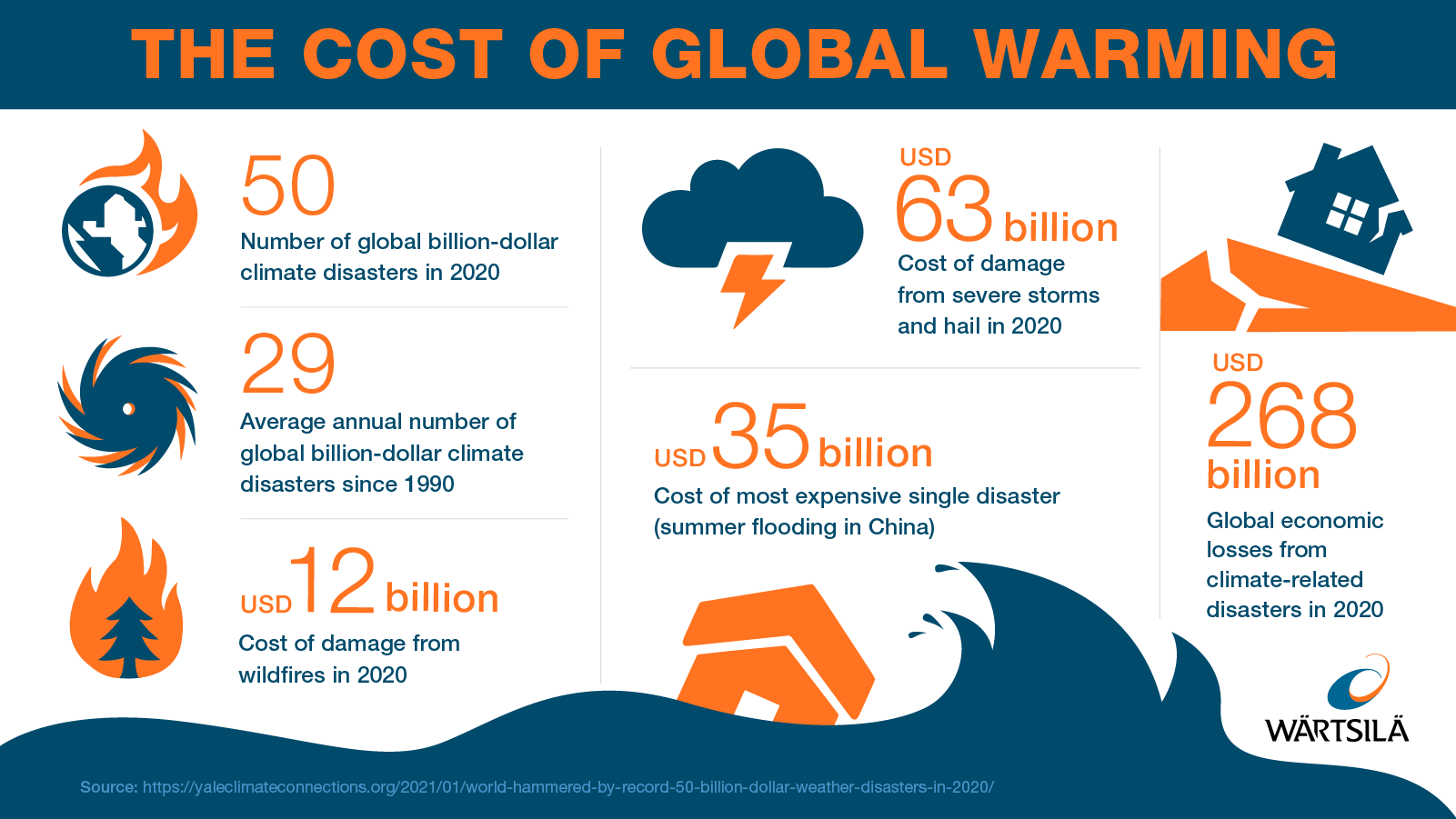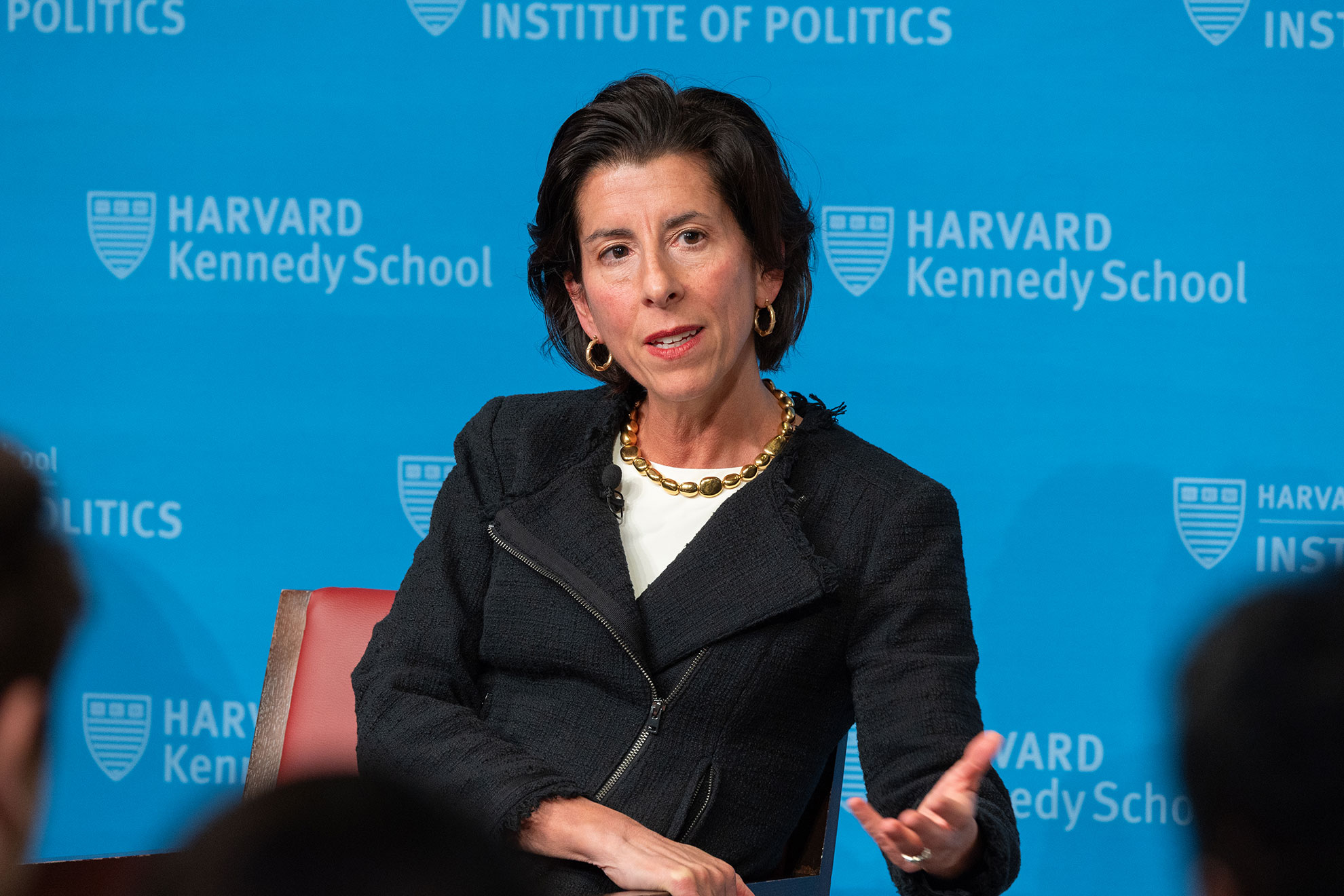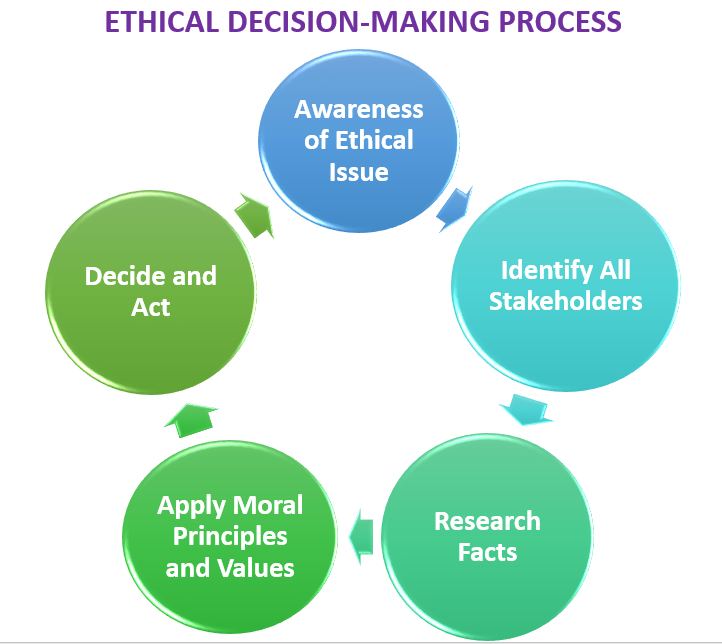The cost of climate change is an urgent issue that demands our attention as new studies reveal alarming economic impacts that are far greater than previous predictions. Specifically, experts now estimate that each additional degree Celsius of global warming could result in a staggering 12% decline in global GDP, exacerbating existing economic woes and leading to a significant GDP decline due to climate change. As we navigate this pressing challenge, it’s crucial to consider economic predictions on climate change, which point towards not just immediate losses, but long-term consequences that could reshape global markets. With climate change cost estimates continuously rising, the need for effective decarbonization strategies becomes increasingly necessary to mitigate these adverse effects. Investing in decarbonization benefits not only addresses environmental concerns but is essential for safeguarding economic resilience and future growth.
Addressing the financial repercussions of rising global temperatures presents a complex yet critical challenge for economies worldwide. The economic burden associated with environmental changes has sparked a re-evaluation of existing models that downplay the severity of situation. Not only do we face predictions of diminished productivity and spending, but we are also witnessing increased pressure on global economic systems due to extreme weather events. As we seek alternatives to traditional economic strategies, understanding the fiscal implications tied to climate fluctuations is key. By harnessing insights into the monetary effects of these ecological shifts, we can better navigate towards a balanced and sustainable future.
Understanding the Economic Impact of Climate Change
Climate change is not just an environmental issue; it is deeply intertwined with economic stability. As global temperatures rise, countries are seeing significant impacts on their gross domestic product (GDP). Research indicates that for every additional increase of 1°C, there is a projected 12 percent decrease in GDP. This decline is not just a temporary setback; it has lasting implications for economic growth and productivity. The loss of economic output due to climate change underscores the urgent need for governments and businesses to rethink their strategies and prioritize climate resilience.
In analyzing the economic predictions associated with climate change, it becomes clear that the costs are staggering. Studies suggest that the projections for economic fallout are now six times larger than previously estimated. This means that the financial burden of climate change is becoming an increasingly pressing issue for policymakers. Countries must not only prepare for immediate weather-related disasters but also develop long-term economic plans to mitigate these impacts. The link between rising temperatures and economic stress illustrates a growing dilemma that impacts job markets, investment opportunities, and overall economic health.
Cost of Climate Change: Revised Estimates and Their Implications
Recent findings reveal a striking recalibration of the costs associated with climate change, presenting estimates that are alarmingly higher than those of the past. The revised calculations suggest a global social cost of carbon as high as $1,056 per ton, in contrast to earlier estimates which placed the cost at just $185 per ton. This steep increase highlights the pressing economic realities of climate change, as nations grapple with decarbonization efforts while facing mounting financial burdens. The implications of these high costs are far-reaching, affecting everything from energy policies to international trade agreements.
Understanding the cost of climate change is critical for future economic planning and policy. The substantial social cost estimate of $1,056 per ton indicates that investments in decarbonization initiatives are not merely expenses but essential economic strategies. As highlighted in the recent discussions surrounding the Inflation Reduction Act, the cost of decarbonization is considerably lower at approximately $95 per ton, suggesting a favorable cost-benefit landscape for investment in clean technologies. Addressing the cost of climate change through proactive decarbonization not only helps reduce future economic losses but also positions economies for sustainable growth.
Decarbonization Benefits: Economic Rationale for Action
The benefits of decarbonization extend beyond merely reducing greenhouse gas emissions; they also present significant economic opportunities. Transitioning to a low-carbon economy can stimulate job creation in renewable energy sectors and improve energy efficiency in traditional industries. Investments in clean technology and infrastructure not only reduce reliance on fossil fuels but can also lead to healthier populations due to improved air quality, ultimately enhancing productivity. The economic rationale for decarbonization becomes increasingly compelling when considering the long-term benefits of a sustainable approach to energy and resources.
Moreover, the evidence suggests that the costs associated with inaction on climate change far outweigh the investments required for decarbonization. By investing in green technologies and renewable energy sources, nations can create a more resilient economic framework. Rather than experiencing GDP declines linked to climate-related disasters, the focus on decarbonization could foster economic growth and innovation. With studies indicating that future economic output could be substantially higher if climate change is effectively managed, the case for immediate and decisive action is stronger than ever.
Global Temperature Rise and Its Economic Fallout
The current trajectory of global temperature increase presents ominous projections for economies worldwide. As the planet warms beyond 1°C, research indicates significant economic fallout that could severely cripple GDP across nations. With each degree of temperature rise expected to cost economies 12 percent in output, the forecasted implications are daunting. This alarming trend points to the necessity for immediate global action to curtail emissions and implement sustainable practices that can reverse the course of climate disruption.
Understanding the economic fallout associated with a rise in global temperatures requires a comprehensive evaluation of different sectors. Agriculture, tourism, and infrastructure are all vulnerable to the impacts of extreme weather events and shifting climate patterns. Economies relying heavily on natural resources face increased risk of financial instability as climate change exacerbates resource scarcity. This interconnectedness of climate and economy highlights the need for coordinated international efforts to address climate change, which is not merely an environmental challenge but a profound economic one.
Forecasting Economic Outcomes Under Climate Change Scenarios
Forecasting the economic outcomes in light of climate change remains a complex and pressing challenge for economists and policymakers alike. The recent collaborative study employed a data-rich approach to model the expected GDP impacts for 173 countries as temperatures continue to rise. By analyzing over a century’s worth of weather and economic records, the researchers provided a powerful tool for understanding future economic scenarios. This type of modeling enables countries to prepare better for potential downturns and strategize on mitigating the adverse effects of climate change.
The implications of these forecasts extend to policy development at national and international levels. Understanding that an increase of merely 2°C could potentially halve global consumption and output establishes stark realities that cannot be overlooked. Policymakers must prioritize adaptation and resilience strategies in their economic planning. By integrating climate forecasts into economic frameworks, governmental and business leaders can create robust strategies that not only address immediate challenges but also position economies for sustainable success in a changing climate.
The Link Between Productivity and Climate Change
The correlation between rising global temperatures and declining productivity is significant and undeniable. As extreme weather events become more frequent due to climate change, their impacts on labor efficiency and economic output are particularly concerning. Heatwaves, floods, and other climate-related disruptions can halt production processes and lead to increased costs for businesses. Understanding these dynamics is crucial for companies aiming to maintain competitiveness in a fluctuating climate. By investing in adaptive strategies, businesses can mitigate these productivity losses and secure their growth.
Moreover, the economic impacts of climate change on productivity are felt universally, irrespective of a country’s economic status. Emerging economies may struggle more acutely due to less resilient infrastructures, exacerbating poverty and inequality. This connection between climate change and productivity emphasizes the need for adaptive policies that not only tackle the causes of climate change but also promote access to resources and technology that enable enhanced productivity across all regions. Ultimately, addressing the productivity issues linked to climate change can stimulate economic resilience and growth.
Investing in Green Technology: A Path Forward
Investment in green technology emerges as a clear pathway towards mitigating the economic impacts of climate change. With the costs of renewable energy technologies decreasing and their efficiency improving, now is an opportune time for policymakers and businesses to embrace sustainable solutions. Green technologies not only reduce carbon emissions but also create jobs and stimulate local economies. As economies transition away from fossil fuels, strategic investments in solar, wind, and energy-efficient technologies can provide significant financial returns while addressing the urgent need for climate action.
Furthermore, the economic rationale for investing in green technology extends beyond immediate cost reductions. As nations seek to fulfil international climate commitments, investing in sustainable industries can position them as leaders in the burgeoning global market for clean energy solutions. This will not only enhance their competitiveness but also contribute to a low-carbon future that benefits all of humanity. By harnessing the potential of green innovation, economies can prosper while combating the pressing challenges of climate change.
Adapting Economic Strategies for a Warming World
As climate change continues to yield its effects, it becomes increasingly vital for nations and businesses to adapt their economic strategies accordingly. The predicted economic toll of climate change necessitates the re-evaluation of traditional business models and economic plans. Emphasizing resilience in economic frameworks can help mitigate losses associated with climate impacts. Incorporating climate risk assessments and sustainable practices into economic decisions can result in better preparedness for future environmental challenges.
The urge to adapt economic strategies underscores the importance of integrating climate science with economic policy. As the challenge of climate change escalates, policymakers must take an interdepartmental approach that encompasses environmental science, economics, and public health. Building flexible economic models that can withstand climatic shocks will be crucial in preserving both human and natural capital in the face of rising temperatures. With proactive adaptation strategies, economies can weather the storm of climate change and emerge stronger.
The Future of Our Economy in the Face of Climate Change
The conversation surrounding the economy and climate change is imperative as we look toward the future. Scientists project that the drastic changes to our climate will bring about an economic transformation that warrants urgent attention. Without significant shifts towards sustainability in economic practices, we face a future where the cost of inaction becomes prohibitively high. The potential for GDP declines and lost economic opportunities underlines the need for transformative policies that embrace both economic growth and environmental stewardship.
In reimagining our economic future, it is essential to foster innovation and sustainability simultaneously. The challenges posed by climate change demand creative solutions that can drive economic recovery while addressing environmental concerns. By encouraging investments in sustainable practices, fostering green jobs, and prioritizing resilience, we can craft a future where economies thrive alongside a healthier planet. The intersection of climate and economy presents opportunities for long-term prosperity, provided we commit to actionable, forward-thinking strategies today.
Frequently Asked Questions
What is the economic impact of climate change on global GDP?
Research indicates that the economic impact of climate change could lead to a 12 percent decline in global GDP for every additional 1°C rise in temperature. This projection is based on new analyses that highlight a much more severe financial toll than previously estimated.
How does climate change lead to GDP decline due to climate change?
Climate change contributes to GDP decline through increased extreme weather events and shifts in productivity. A recent study suggests that every 1°C increase in global temperatures correlates with significant economic setbacks, revealing a linkage between temperature rise and economic productivity.
What are the economic predictions for climate change by 2100?
Economic predictions for climate change by 2100 suggest that if global temperatures rise by 2°C, there could be a 50 percent reduction in output and consumption. This would mean a continuation of economic growth, but at only half the wealth accumulation compared to scenarios without climate change.
How do researchers estimate climate change cost estimates?
Climate change cost estimates have evolved, with new approaches calculating the social cost of carbon based on temperature data and economic outputs across 173 countries. These estimates yield a global social cost of $1,056 per ton of carbon, highlighting a stark increase from previous estimates.
What are the decarbonization benefits in relation to climate change costs?
Decarbonization benefits outweigh the costs associated with climate change. Recent findings suggest that implementing decarbonization measures in large economies like the U.S. and EU can lead to significant long-term economic savings, thereby presenting a strong case for investment in sustainable practices.
| Key Point | Description |
|---|---|
| New Economic Projections | Recent studies show that the economic toll from climate change is significantly underestimated, with projections now six times larger than before. |
| Temperature and GDP Impact | For each additional 1°C increase in global temperature, a 12% decline in GDP is expected, peaking six years after the temperature rise. |
| Extreme Weather Consideration | The rise in global temperatures amplifies the frequency of extreme weather events, which negatively impacts productivity and economic stability. |
| Decarbonization Cost-Benefit Analysis | Reassessing the social cost of carbon shows higher costs than previously estimated, supporting strong decarbonization policies for large economies. |
| Long-term Economic Outcomes | Despite continued economic growth, climate change could drastically limit potential wealth growth by 50% by the century’s end. |
Summary
The cost of climate change is a critical issue as recent studies reveal alarming economic projections indicating that the financial burden is far greater than previously estimated. With the risk of a 12% reduction in global GDP for each degree of temperature rise, understanding these impacts is essential for shaping effective decarbonization strategies. Therefore, immediate action to curb emissions is not only necessary for the environment but also for sustaining future economic growth.



